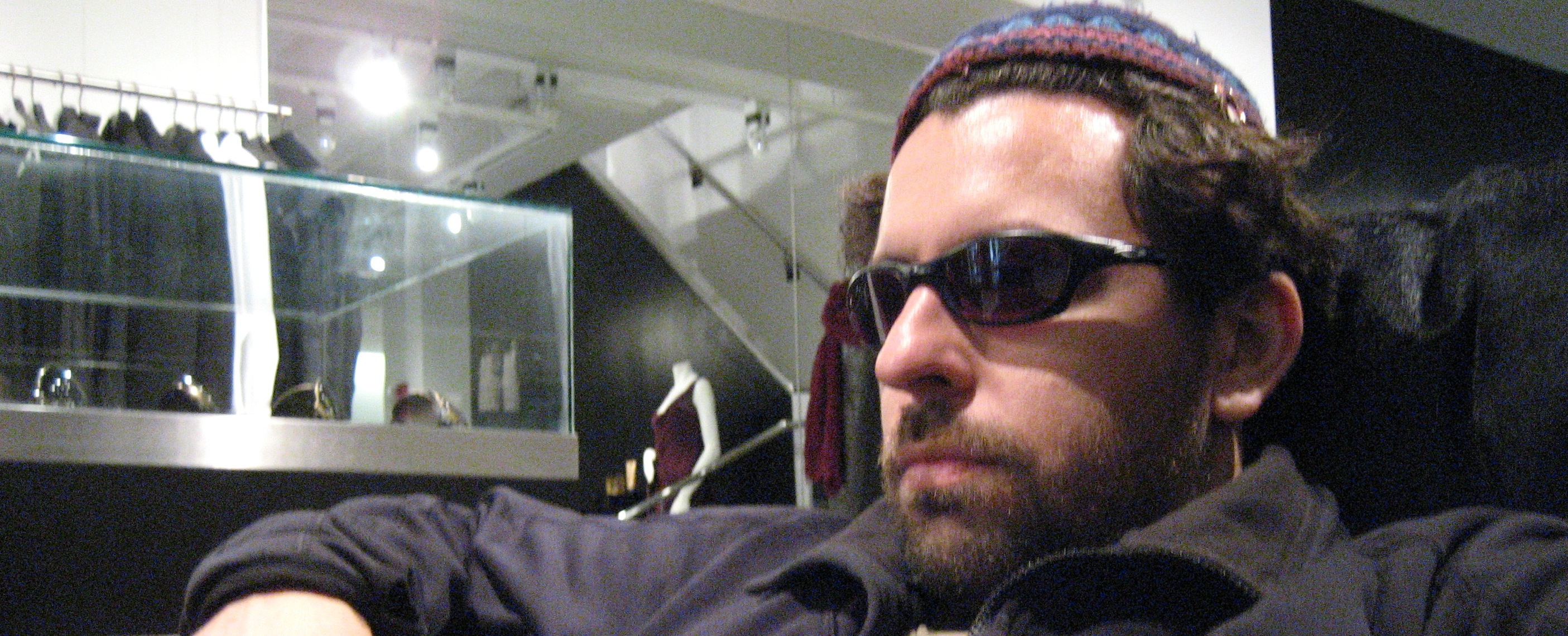All Bottled Up
Try recycling empty glass bottles for their deposit on the day before Passover and you’ll end up bringing them back home. The local stores don’t accept them because they may contain chometz, the substance Jews don’t eat for seven days from the night of the seder.
Technically if someone sees chometz that isn’t his or hers then you’re in the clear. The problem is when you find your own, which is why most people either finish theirs or sell it before the start of the holiday. Having planned to sell my chometz I thought I’d hide the bottles (some were bear, some wine) in the outdoor closet under the stairwell but Aaron, the neighbor upstairs, got annoyed.
“This is not the first time I found trash here,” he said even though we share the space and I can use it for whatever I want.
However, what annoyed him more was that the bag of chometz and bottles were in the way of his being able to reach the watering can he uses each day, which I guess is a valid reason for him raising his voice, as is often the case in Israel when one tries to make a point that is not immediately accepted.
Aaron and I usually get along but he can be tough when he feels it necessary. He once ran a large operation as foreman or head manager but nowadays, though, he’s just the king of his home, a position he doesn’t take for granted.
In any case, I tossed the bottles in the dumpster by the front of the building, though it felt like a waste not to recycle.
Then I took my bag of leftover chometz, some bread and pasta, and my lulav (it’s a custom to burn the lulav from last Succot on the eve of Passover) and headed down the street to one of the many neighborhood bon fires where the burning of chometz in Israel takes place.
Across Israel fires are set in the first half of the day and anything leavened or considered in the category of chometz gets burned to a crisp. What’s left is dumped and picked up by the local waste authorities.
Of course, even the burning of chometz isn’t a smooth process. One gentleman at the local fire tried explaining to another man that it’s better to take his chometz out of the plastic bag than toss it into the fire because it “creates smoke.”
When I asked him why he doesn’t just explain its not good for the environment I was told, “they don’t understand but since the smoke goes in my windows I think it gets them to stop.”
How symbolic, as the Haggadah tells us about the four sons and how each has his own understanding of the world. As any good teacher knows not all students receive information the same way and often need special nurturing.
On that note, I soon returned home in anticipation of the coming hours when friends and family would be together to tell the story of our freedom from slavery and hoped the power of the holiday would ultimately give us strength to make the world an even better place.


